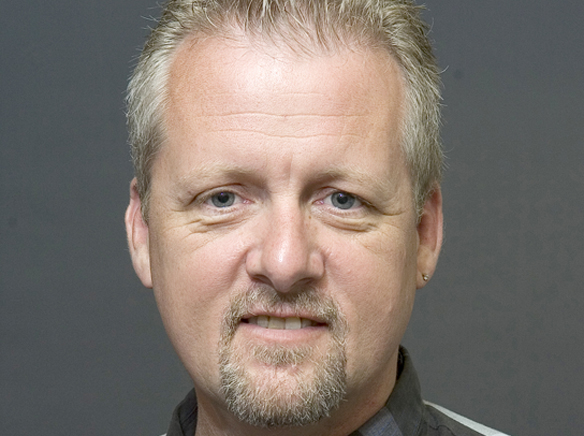Seems like every week another public figure weighs in on the issue of childhood vaccinations. This has proven to be a reckless habit, as any opinion quickly earns a firestorm of vilification by those on the other side of the issue.
In our current culture, people are not afraid to strongly disagree on any number of scientific topics. Look at the vehement opposition to the science of climate change or the theory of evolution.
Like society’s tremendous distrust toward authority figures, the cynicism towards science is both baffling and completely reasonable.
Seems like every week another public figure weighs in on the issue of childhood vaccinations. This has proven to be a reckless habit, as any opinion quickly earns a firestorm of vilification by those on the other side of the issue.
In our current culture, people are not afraid to strongly disagree on any number of scientific topics. Look at the vehement opposition to the science of climate change or the theory of evolution.
Like society’s tremendous distrust toward authority figures, the cynicism towards science is both baffling and completely reasonable.
The overwhelming majority of public health experts agree vaccination is safe for recipients and is an important safeguard for the populace in general. Likewise, the preponderance of evidence from researchers worldwide points to the rising of global temperatures and to humankind’s responsibility for it. And, despite the fervently held beliefs of creationists, the theory of natural selection best explains the diversity of species on our planet.
But it is easy to understand why we are suspicious of science given its misuse.
The additive tetraethyl lead was used in gasoline for decades. When researchers found evidence this known neurotoxin was building up in the environment and in human bodies, they ran into a buzz saw. The Energy Industry funded experts who testified before lawmakers denied lead was any more prevalent than during the pre-automobile era.
Given that the people profiting from leaded gasoline were General Motors, du Pont, and Standard Oil of New Jersey (currently called Exxon), there was a lot of money available to buy experts, as long as those experts were willing to tell their backers’ story.
The tobacco industry, too, purchased lots of scientists to deny tobacco’s link to cancer. In the interest of profits, the industry puts whatever dampers it could on information about the harm their product caused.
The energy industry continues its suspect science game with the issue of hydraulic fracturing, aka “fracking,” to extract oil and natural gas. They claim fracking is safe, but refuse to say what chemical cocktails they are pumping into the earth near homes, farms, and groundwater.
Because of all the money to be made, industrial giants have been able to cast doubt on studies whose results will impact their financial interests. Having been misled by scientists working for commercial interests, people are understandably suspicious.
This continues to happen in the matter of climate change. Powerful interests have spread the money around; both scientists and lawmakers now act as industry's mouthpiece. It's bad enough science is purchased to deceive; it’s worse when our representatives are bought to do the bidding of someone other than their constituents.
Until our culture rejects the dishonest manipulation of science in the interest of money, we should not be surprised when some of us are not willing to trust our lives to the “experts.”
Plenty of people lost their lives to smoking or lead exposure because there was money to be made. There may be an even greater toll from global warming, but at least shareholders will see a healthy return on investment.
Pat Grimes, a former South Bay resident, writes from Ypsilanti, Mich. He can be reached at pgwriter@inbox.com




















